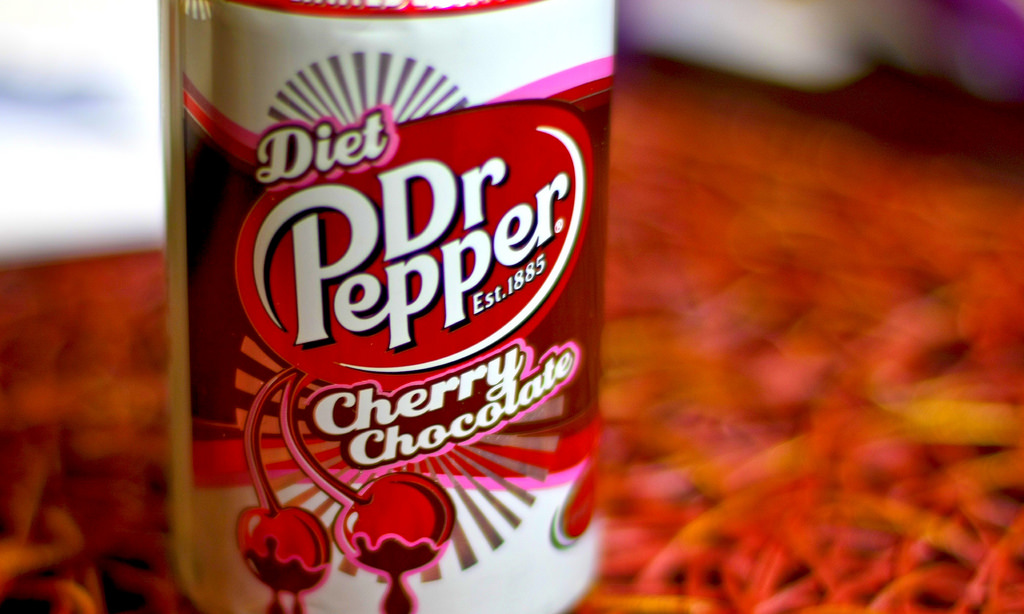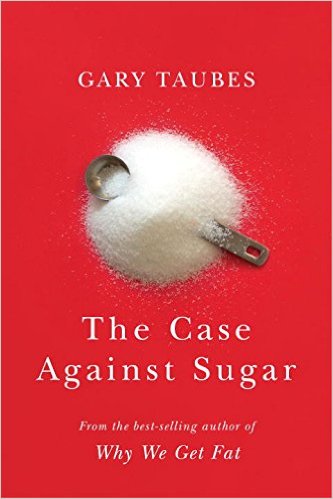|
Let me start by saying that I was LaCroix for Halloween, and that was the best possible costume for 2016. Young, urban professionals are obsessed with LaCroix -- even though, honestly, it’s not that good.
I do enjoy drinking it, though, and LaCroix is the closest I’ve ever come to liking a soft drink. Which sets me apart from many other Americans, who, collectively, consume over 10 billion gallons of soft drinks per year. That’s a lot of gallons -- which begs the question, what are the environmental implications of these beverages?
Someone has studied this. A 2009 study conducted for Coca Cola by the Carbon Trust found that diet soda has a slightly lower carbon footprint than regular. One reason is because the sugar in soda comes from sugar cane, sugarbeets, or corn (in the form of high fructose corn syrup).
Obviously, all crops have an environmental impact, including loss of habitat, erosion, pesticide use and fertilizer runoff. But sugarcane requires a huge amount of water, causes more erosion than many other crops, and causes heavy erosion and water contamination. Meanwhile, the sweeteners used in diet soda (typically aspartame, sucralose, or acesulfame K) are made in industrial labs. Aspartame is sugar that is fermented by bacteria and then chemically modified. The reason they have “zero calories” is because we can’t digest them. They pass through us -- and, subsequently, our sewage treatment system -- largely unaltered. We don’t know exactly what happens when they reach the waterways, though recent studies found that these sweeteners break down in the sun into potentially toxic compounds. So what it comes down to is: a slightly larger carbon footprint vs. unknown environmental impacts. There’s no clear winner. If I were going to make a recommendation based on how these drinks affect your personal health, I would say neither. Gary Taubes writes in his runaway bestseller, The Case Against Sugar, that sugar is dangerous enough to be classified as a controlled substance. This may be a bit extreme, but it’s compelling enough that I’m trying to eat less sugar.
(It's not going super well, considering that I've been traveling in Southeast Asia, and people love sugar down here.)
Meanwhile, a team of Israeli scientists found in 2014 that diet sodas have a negative effect on our gut microbiome -- causing a host of physical and mental health issues, from high blood pressure to obesity to (it was later discovered) depression. Your microbiome is so important that researchers have started using “poop transplants” to create a healthy microbiome and treat conditions like irritable bowel syndrome. Moreover, research shows that maintaining a healthy microbiome may help prevent and treat traveler’s diarrhea. Not to mention, the microbiome might be the biggest barrier to interstellar travel. LaCroix is not a “diet soda." I checked. So I can continue drinking it without worry. But in all honesty -- if I were to find out it contained artificial sweeteners, I would have a good, long cry… and then say goodbye. I love my gut bacteria, and wouldn't let a tasty beverage in a garish can come between us.
0 Comments
Leave a Reply. |
About the Author

Eva is a content specialist with a passion for play, travel... and a little bit of girl power. Read more >
Want to support The Happy Talent? CLICK HERE!
Or Find me on Patreon!
What's Popular on The Happy Talent:
Trending in Dating and Relationships:
What's Popular in Science: Playfulness and Leisure Skills:
Popular in Psychology and Social Skills:
Categories
All
|



























 RSS Feed
RSS Feed